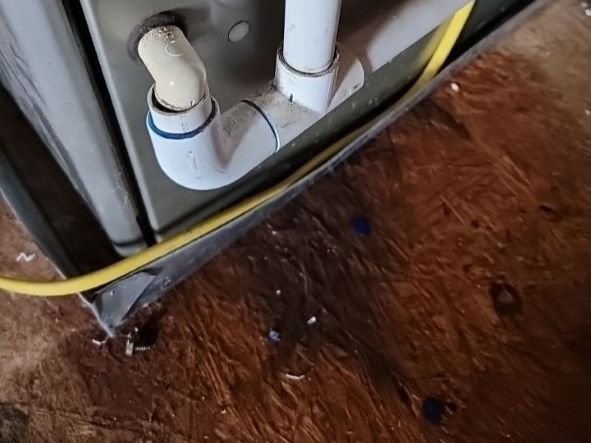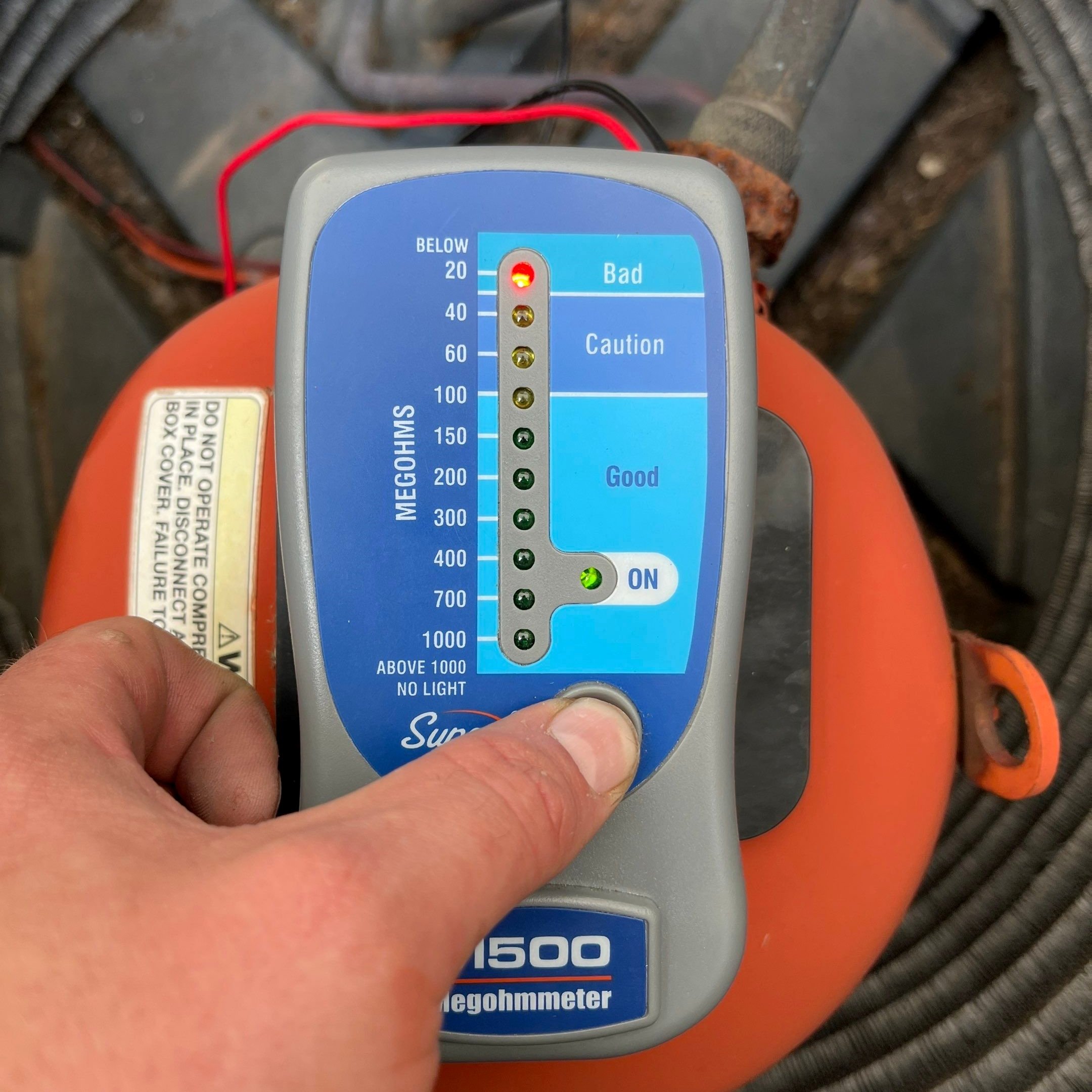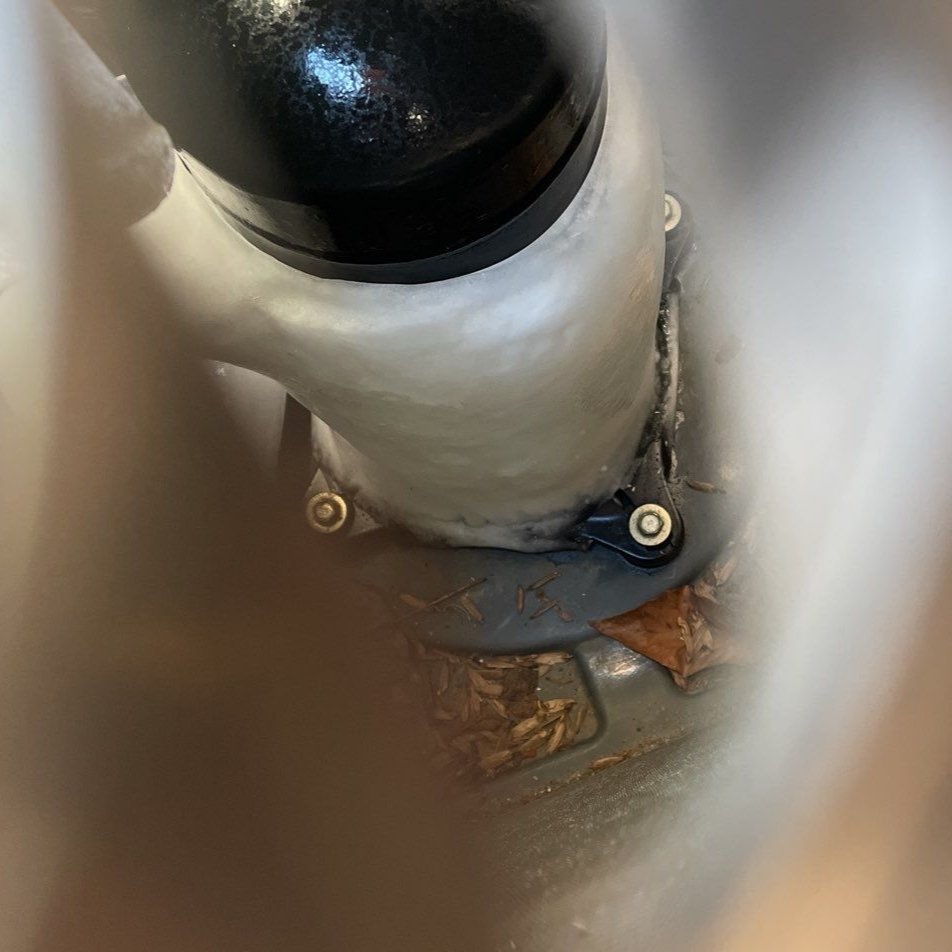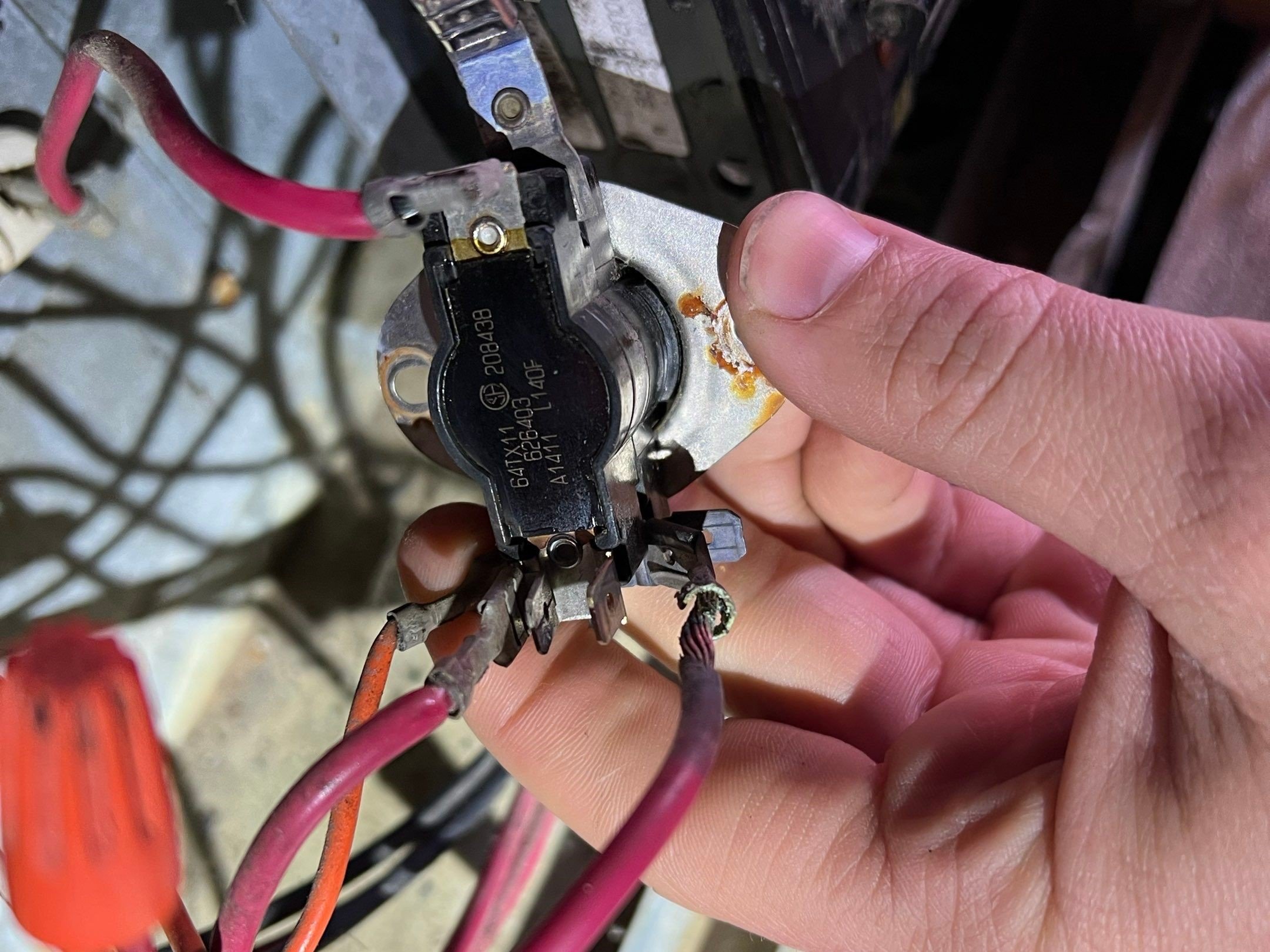HVAC Emergency Repair: What to Do When Your System Suddenly Breaks Down
When your HVAC system fails without warning, it can quickly turn into a serious problem—especially during extreme weather. Whether it’s your air conditioning in the middle of a heatwave or your heating system during a cold snap, having access to reliable HVAC emergency repair services ensures your home comfort is restored quickly and safely.
If you’re facing an HVAC emergency, here are the key things to know:
Air conditioning failures often require emergency ac repair when warm air, refrigerant leaks, or unresponsive thermostats are present
Emergency HVAC services are essential during sudden breakdowns, electrical issues, or complete system failures in extreme temperatures
A licensed HVAC technician can quickly diagnose and repair problems to restore home comfort and avoid costly damage
Know when to repair vs. replace—older systems may cost more to fix than to upgrade to a new unit with better energy efficiency
DIY repairs can lead to bigger problems, void warranties, and compromise safety—always call a professional
Prompt response and replacement parts help ensure your cooling system or heating unit is working properly as soon as possible
This article outlines when to call for emergency service, what to expect, and how to protect your HVAC system from future issues.
Air Conditioning Failure: More Than an Inconvenience
A broken air conditioner in summer heat can lead to health and safety concerns. Signs you may need emergency ac repair include:
Warm air coming from vents
Tripped circuit breaker
Strange noises or burning smells
Visible refrigerant leaks
These are all symptoms that require immediate attention from a licensed HVAC technician.
Emergency HVAC Services: When to Call for Help
Not every issue calls for a middle-of-the-night service, but the following conditions absolutely do:
Sudden breakdowns during extreme temperatures
Inoperable cooling system or heating unit
Electrical issues like sparks, smells, or blown fuses
No airflow from your ac system or furnace
Water pooling due to clogged drain lines or leaks
If you're unsure whether it’s an HVAC emergency, it’s best to contact a professional rather than risk further damage—or higher repair costs.
AC Repairs vs. Replacement: Know the Difference
In some emergency situations, repair services can get your unit back to working properly with replacement parts. But if you’re dealing with an old unit that’s had frequent issues, it might be more cost-effective to replace it with a new unit that uses more energy efficiently and comes with a solid warranty.
A technician can evaluate your system and help you decide whether to repair or replace.
Emergency AC Repair: What to Expect
When you call for emergency ac, an expertly trained team will arrive quickly to assess your system. Their job is to work quickly, diagnose the problem, and perform only the necessary services to restore cooling without delay.
They’ll bring the tools and replacement parts needed to fix the issue—whether it’s a faulty thermostat, a failed capacitor, or a refrigerant recharge.
Emergency HVAC: Avoid DIY Mistakes
It’s tempting to try DIY repairs, but that can often cause more harm than good. Attempting DIY repairs on complex HVAC systems can lead to unsafe outcomes, higher costs, and even voided warranties. Instead, always rely on emergency hvac services from experienced technicians who know how to fix your unit properly.
Emergency Heating Repairs: Don’t Wait in the Cold
Just like with cooling systems, a heating failure during winter calls for fast action. Delayed emergency heating service can cause frozen pipes and unsafe indoor temperatures. If your furnace isn’t producing heat or you notice electrical smells, it’s time to call a professional.
Frequently Asked Questions
What qualifies as an HVAC emergency?
An HVAC emergency typically involves a complete system failure during extreme weather, electrical hazards, or health-related risks. If your air conditioner or heating system stops working and the temperature in your home becomes unsafe, it’s time to call for emergency hvac services.
Should I try to fix my AC myself in an emergency?
No. Attempting DIY repairs during an emergency can make the problem worse or lead to safety risks. Always contact a licensed HVAC technician who can properly diagnose and repair the issue with the right tools and replacement parts.
Why is my air conditioner blowing warm air?
Warm air from your AC system may be caused by refrigerant leaks, a faulty thermostat, or electrical issues like a tripped circuit breaker. These require professional inspection and may indicate a need for emergency ac repair.
What should I do before calling for emergency HVAC repair?
Check your thermostat settings, reset any circuit breakers, and verify that air vents are open. If your unit still isn’t working properly, contact a professional. Avoid DIY repairs, especially if you suspect electrical or mechanical issues.
How can I prevent HVAC emergencies in the future?
Regular routine maintenance is the best way to prevent hvac issues. This includes seasonal checkups, cleaning filters, and monitoring for signs of wear. Proactive care helps reduce energy bills, extend system life, and avoid costly emergency service calls.





